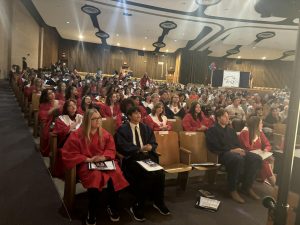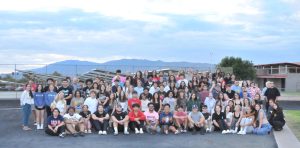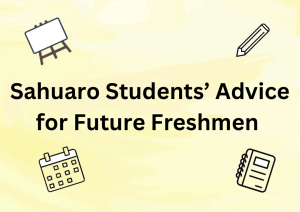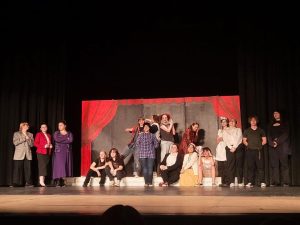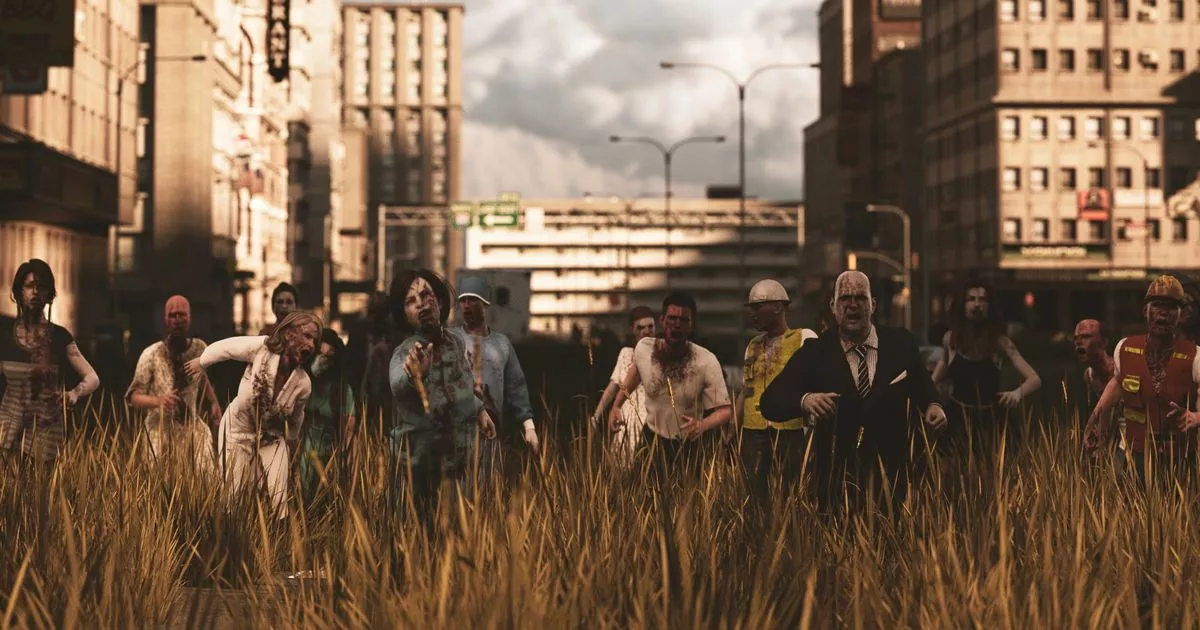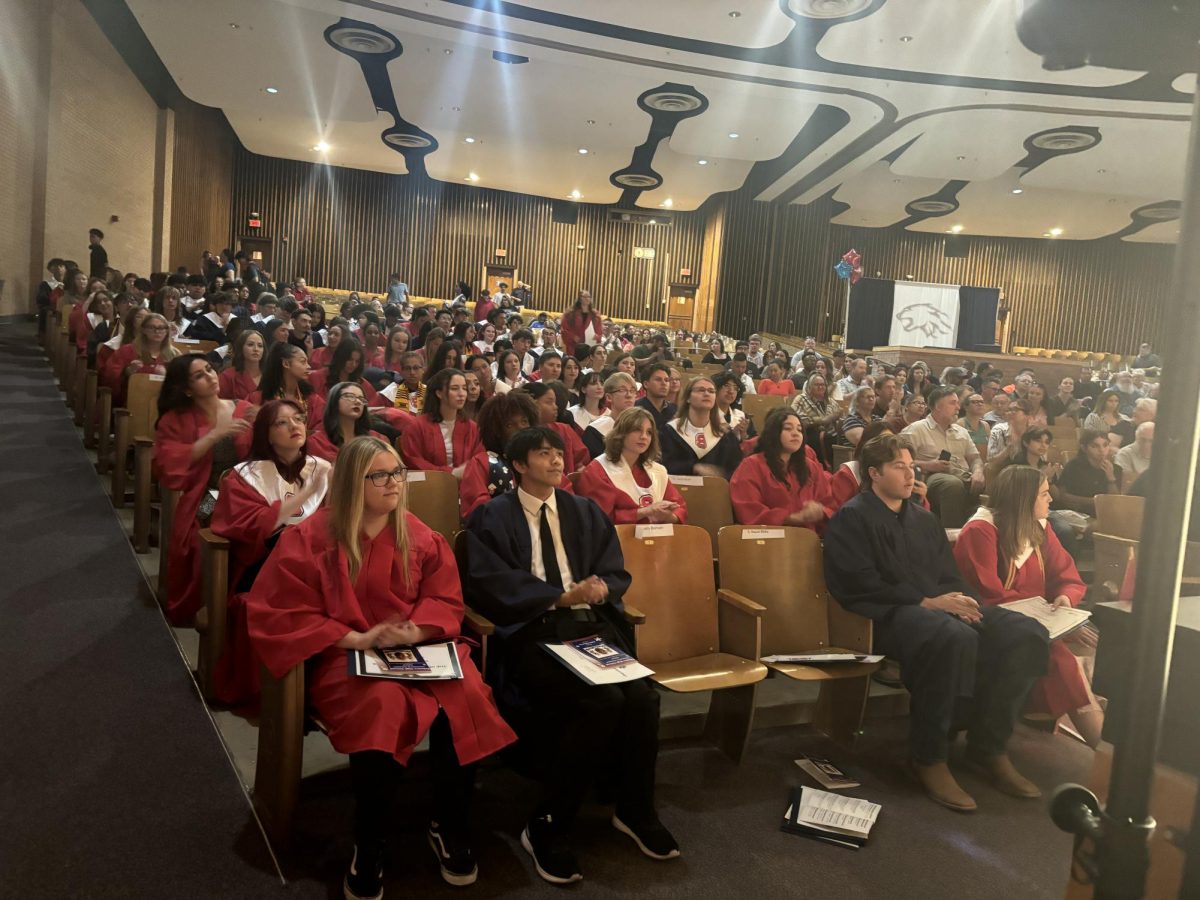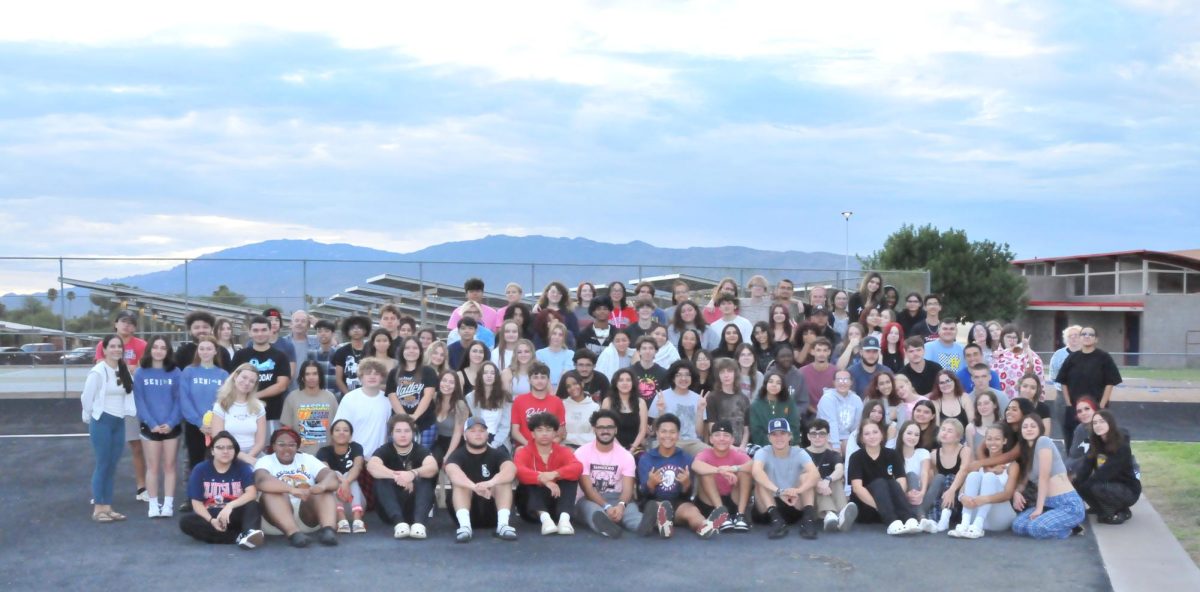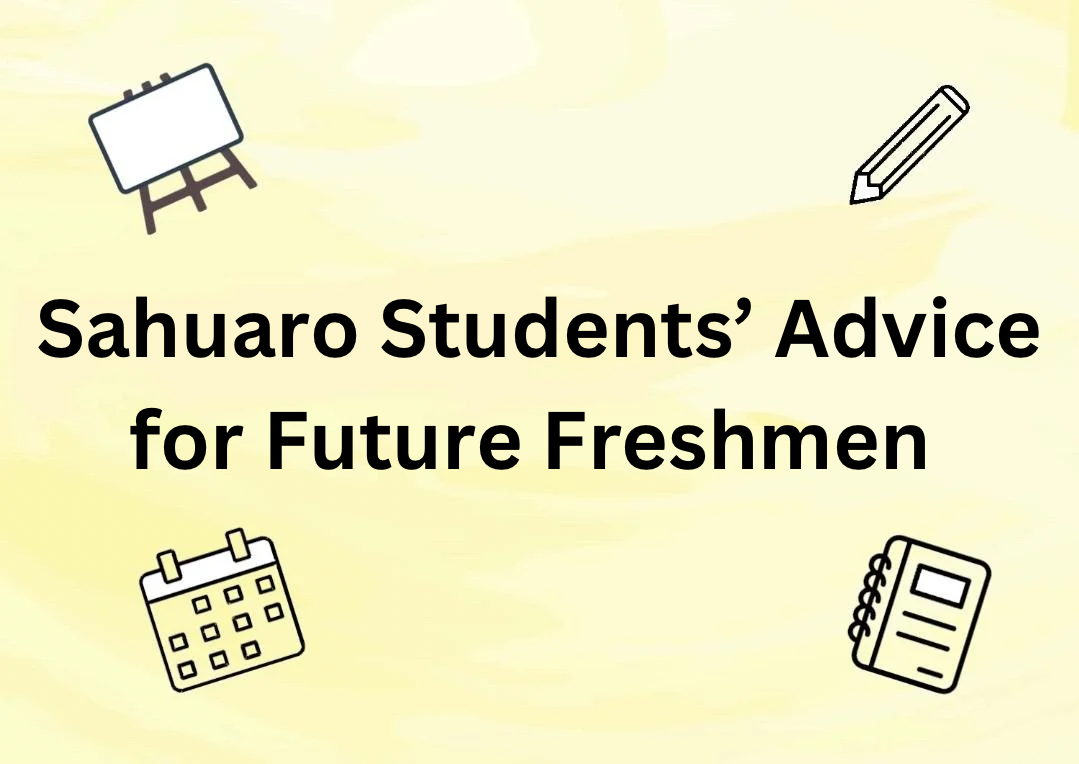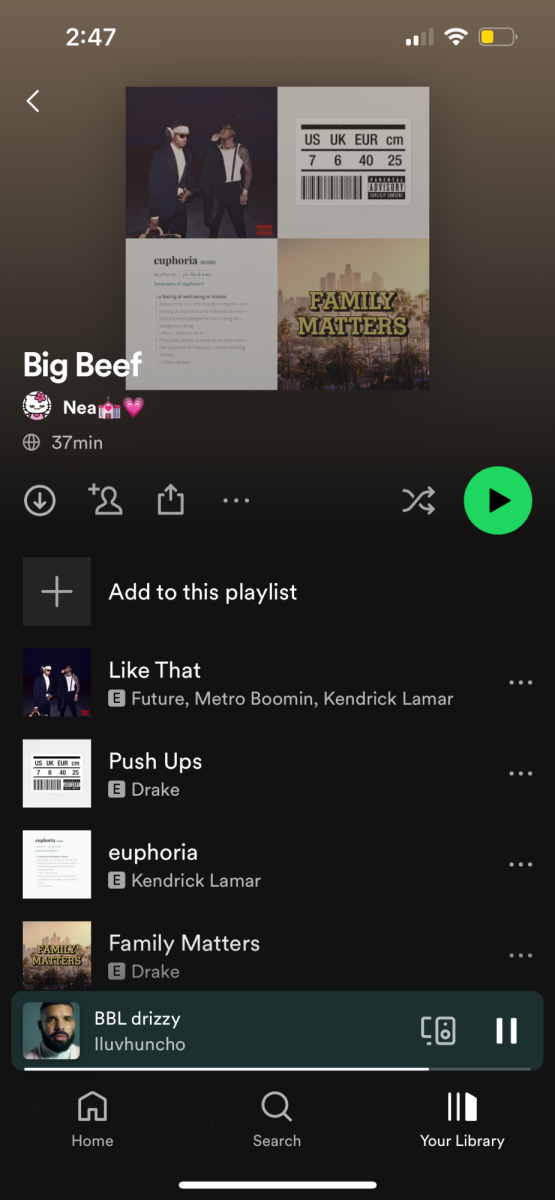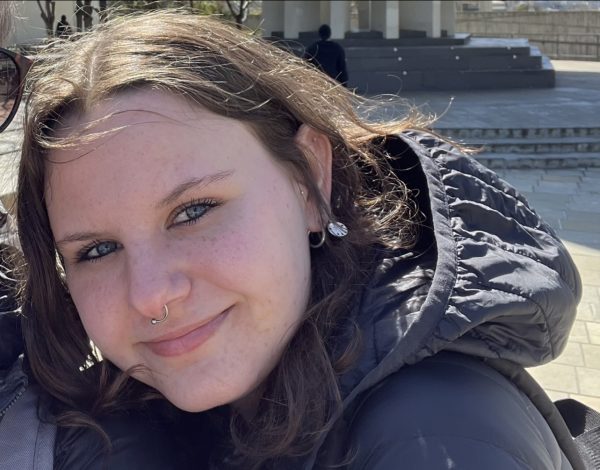In recent years, the concept of a zombie apocalypse has captured the attention of many, fueled by popular culture in movies, TV shows, and books. To many, it may seem like pure fiction, but some argue that a zombie apocalypse could be a plausible scenario. The idea of an apocalypse typically involves a global pandemic that turns people into flesh-eating creatures. While the likelihood of a virus or contagion causing such drastic effects on the world is low, scientists acknowledge the possibility of a viral outbreak with severe consequences. Diseases like Ebola and certain strains of influenza have demonstrated the potential for r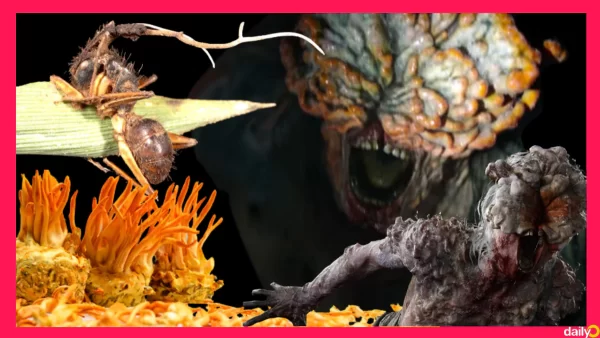 apid spread and high mortality rates, although without the zombification element.
apid spread and high mortality rates, although without the zombification element.
One potential source for a zombie-like scenario is the parasitic fungus Ophiocordyceps unilateral, which infects ants and takes control of their behavior. The fungus manipulates the ant into climbing vegetation, where it eventually dies, allowing the fungus into its spores, which are reproductive cells. While this phenomenon occurs in insects, not humans, it raises questions about the potential for para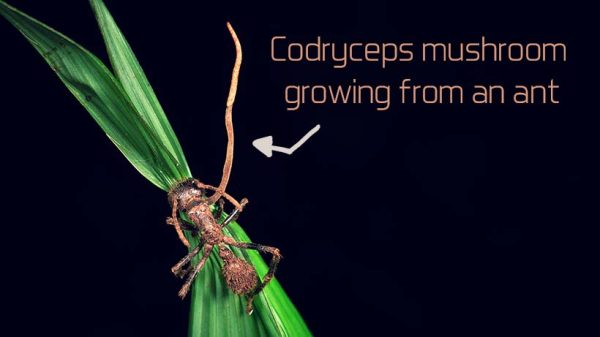 sites to influence behaviors. In the popular post-apocalyptic video game “The Last of Us” (TLOU), cordyceps infect humans, turning them into aggressive, zombie-like creatures. Although Cordyceps in TLOU are exaggerated, it raises more questions about the potential consequences of nature’s aspects.
sites to influence behaviors. In the popular post-apocalyptic video game “The Last of Us” (TLOU), cordyceps infect humans, turning them into aggressive, zombie-like creatures. Although Cordyceps in TLOU are exaggerated, it raises more questions about the potential consequences of nature’s aspects.
In addition, neuroscientists have studied conditions like prion diseases that affect the brain and can lead to abnormal behavior. Although prion diseases are rare and don’t turn people into zombies, they highlight the complex relationship between brain function and behavior. Even so, there is no scientific evidence that a full-fledged zombie apocalypse could happen, but the concept has prompted discussions and emergency preparation. The Centers for Disease Control and Prevention (CDC) has even used the zombie apocalypse as a creative way to encourage people to prepare for more realistic emergencies, which provides tips on building emergency kits and staying informed during crises.
In conclusion, while the likelihood of a zombie apocalypse happening is low, the idea has sparked interesting discussions about real-world emergency preparation. Viral outbreaks and infectious diseases are genuine threats that require attention and preparation, and the zombie narrative serves as a creative way to engage the public in conversations about the importance of being prepared for unexpected emergencies. So, while a zombie apocalypse may remain firmly categorized as fiction, the lessons it teaches about preparedness are undeniably relevant in our world.

